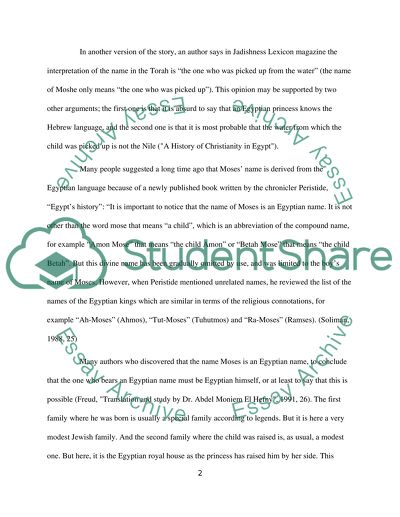Cite this document
(“Ancient Egyptian Religion Essay Example | Topics and Well Written Essays - 1500 words”, n.d.)
Ancient Egyptian Religion Essay Example | Topics and Well Written Essays - 1500 words. Retrieved from https://studentshare.org/history/1442734-choose-one-from-the-following
Ancient Egyptian Religion Essay Example | Topics and Well Written Essays - 1500 words. Retrieved from https://studentshare.org/history/1442734-choose-one-from-the-following
(Ancient Egyptian Religion Essay Example | Topics and Well Written Essays - 1500 Words)
Ancient Egyptian Religion Essay Example | Topics and Well Written Essays - 1500 Words. https://studentshare.org/history/1442734-choose-one-from-the-following.
Ancient Egyptian Religion Essay Example | Topics and Well Written Essays - 1500 Words. https://studentshare.org/history/1442734-choose-one-from-the-following.
“Ancient Egyptian Religion Essay Example | Topics and Well Written Essays - 1500 Words”, n.d. https://studentshare.org/history/1442734-choose-one-from-the-following.


